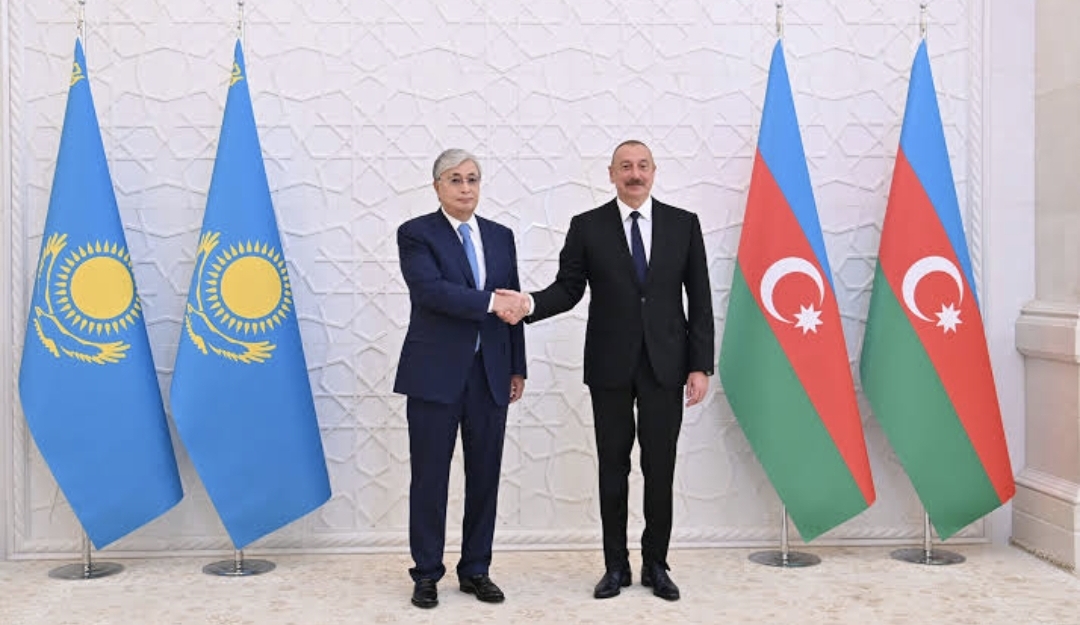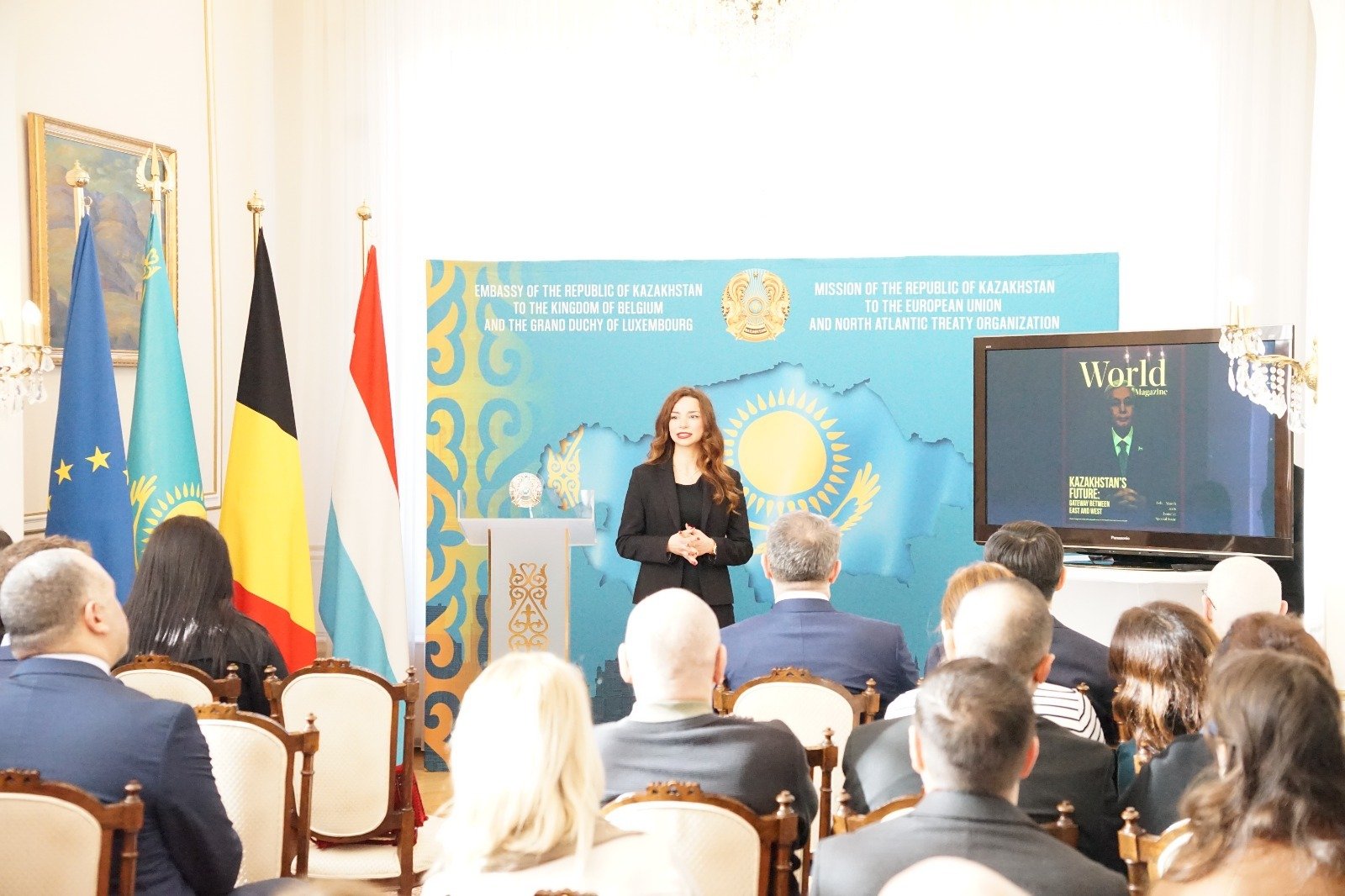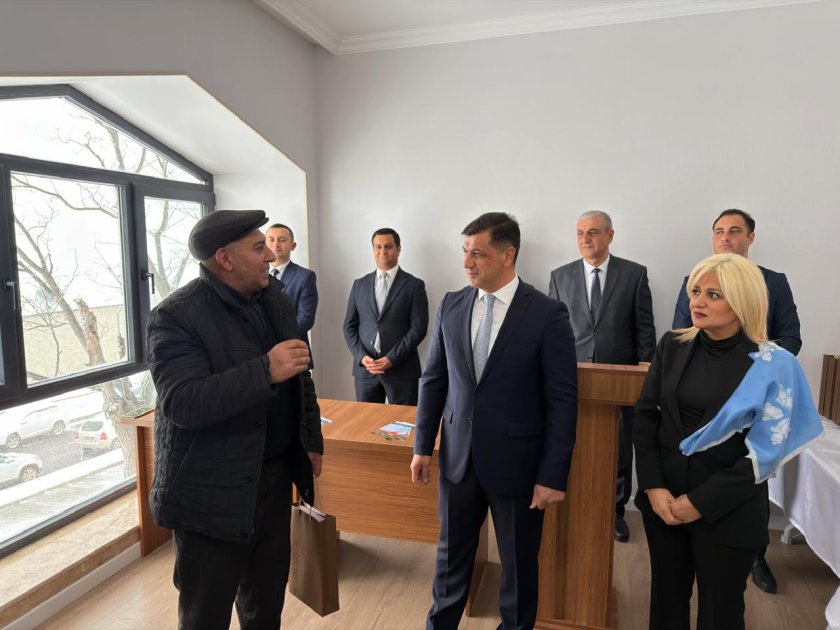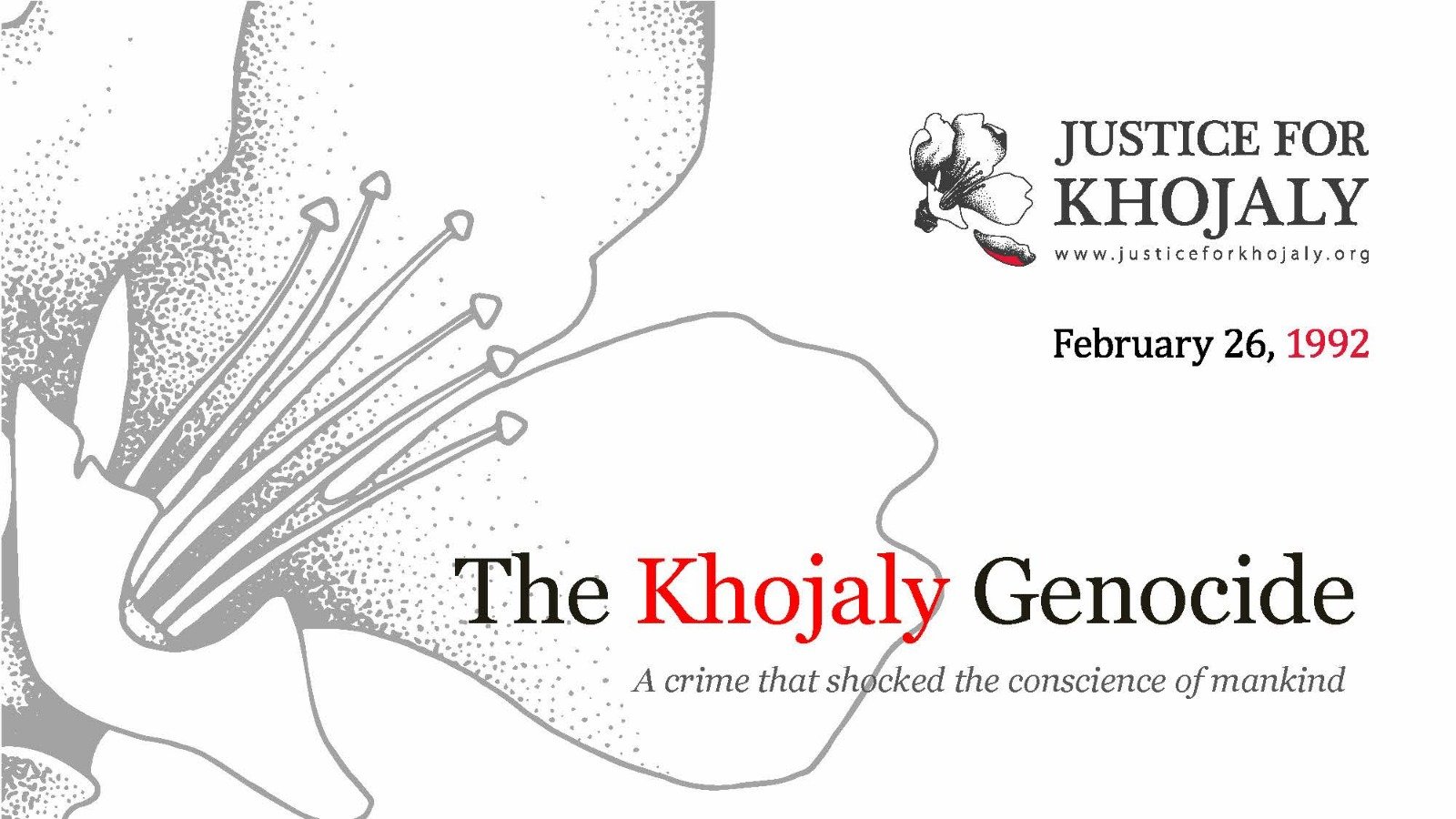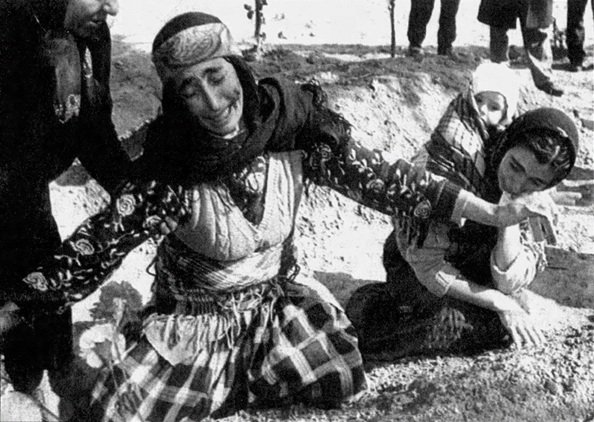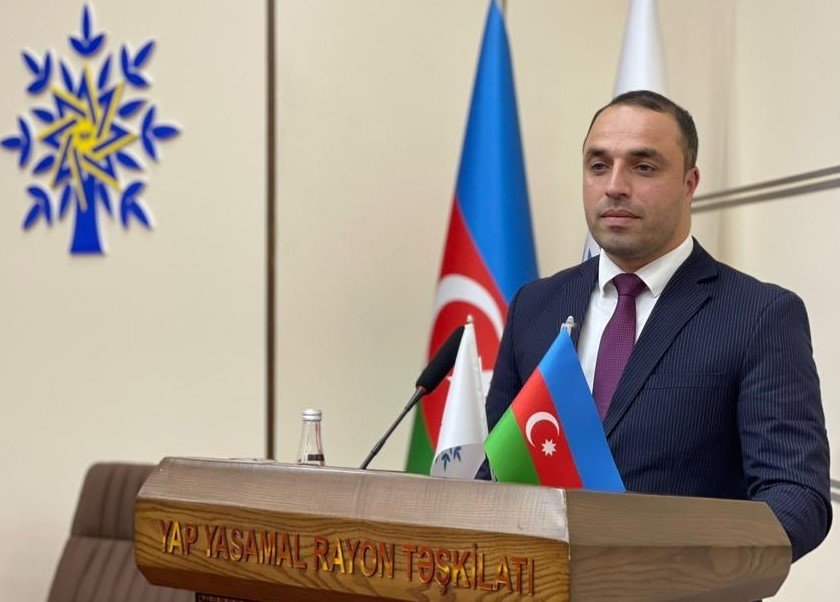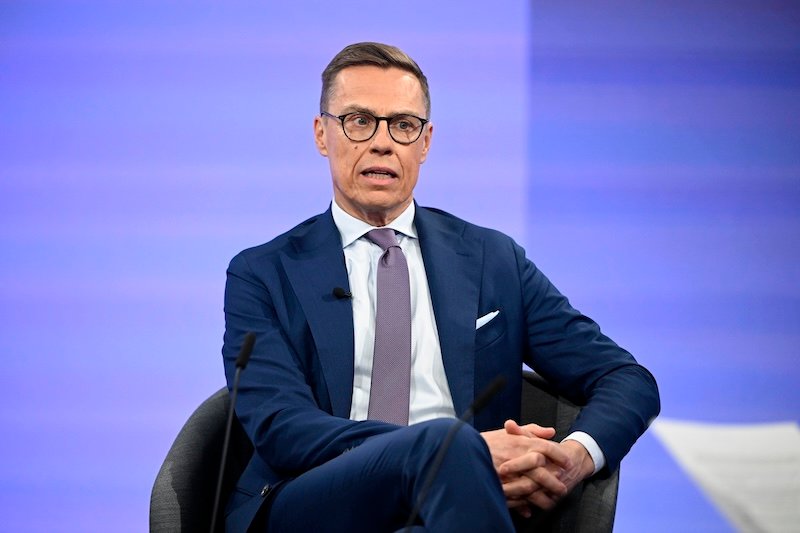The economic and cultural ties between Azerbaijan and Kazakhstan are deeply rooted in history, tracing back thousands of years. Both countries share a common heritage, language family, and cultural traditions, which have laid a solid foundation for mutual respect and cooperation. This historical bond has facilitated the development of sound economic and cultural relations, allowing both nations to collaborate effectively across various fields.
Current Collaborative Efforts
Cultural Ties and Tourism
Azerbaijan and Kazakhstan have been actively working on numerous joint initiatives aimed at strengthening cultural ties and boosting tourism between the two nations. These initiatives often include cultural exchanges, joint festivals, and tourism campaigns, all designed to highlight the rich cultural heritage and historical connections between the two countries. By promoting mutual understanding and cultural appreciation, these efforts not only enhance bilateral relations but also contribute to the regional cultural landscape.
Economic Cooperation
Trade Relations
Kazakhstan is Azerbaijan’s second-largest trade partner in Central Asia, following Turkmenistan. Conversely, Azerbaijan is a key strategic partner for Kazakhstan in the South Caucasus. Since 2020, the trade turnover between Azerbaijan and Kazakhstan has seen a remarkable increase, growing almost fivefold from $109 million to $529 million. Both nations are committed to further expanding this volume, with a target of reaching $1 billion in the near future.
Non-Oil and Gas Exports
A significant aspect of the economic relationship is the diversification of Azerbaijan’s fossil-fuel-based economy. Kazakhstan ranks fifth in Azerbaijan’s non-oil and gas exports, with non-fossil-fuel exports to Kazakhstan amounting to $95 million in 2023. Key exports include cars, special-purpose ships, iron pipes, propylene polymers, and agricultural products. This diversification is crucial for Azerbaijan’s economic stability and growth.
Transportation and the Middle Corridor
The Middle Corridor, an international trade route linking Europe to the Far East, is a critical component of the economic partnership between Azerbaijan and Kazakhstan. This route provides an alternative to the traditional Northern and Southern Corridors, offering a land-based connection between Asia and Europe. The number of permission forms for international cargo transportation by road between the two countries has increased fivefold over the past three years, highlighting the growing importance of this corridor. Both nations aim to further enhance their transportation links to facilitate trade and economic cooperation.
Energy Collaboration
Oil transportation is another vital area of economic cooperation. Azerbaijan provides an alternative route for Kazakh oil to reach global markets via the Baku-Tbilisi-Ceyhan pipeline. In 2023, over 1 million tons of Kazakh oil were transported through Azerbaijani territories, with plans to increase this to 2.2 million tons per year. An agreement between Azerbaijan’s SOCAR and Kazakhstan’s KazMunayGaz (KMG) outlines the terms for processing Kazakh oil at SOCAR’s refineries and further trading in regional and global markets.
Strategic Projects
Several strategic projects are crucial for both countries and the broader region:
- Trans-Caspian International Transport Route (Middle Corridor): Expansion of this route is vital for enhancing connectivity and trade between Asia and Europe.
- Fiber-Optic Communication Line (FOCL) and Energy Cable: Laying these along the Caspian Sea’s bottom will boost digital connectivity and energy cooperation.
- Oil and Uranium Exports: Kazakhstan exports oil and uranium through Azerbaijan, highlighting the importance of energy collaboration.
- Wheat Supply: Kazakhstan supplies wheat to the Azerbaijani market, ensuring food security and strengthening agricultural ties.
So, the economic and cultural relations between Azerbaijan and Kazakhstan are robust, grounded in a shared history and mutual respect. Both countries are committed to enhancing their bilateral ties through strategic initiatives, diversified trade, and collaborative projects. By leveraging their historical connections and modern economic strategies, Azerbaijan and Kazakhstan are poised to further solidify their partnership, contributing to regional stability and prosperity.
Ms. Fatima Tuz Zehra is the Editor-In-Chief of The Gulf Observer.

President “The Gulf Observer Research Forum” and the Editor-In-Chief, https://thegulfobserver.com
